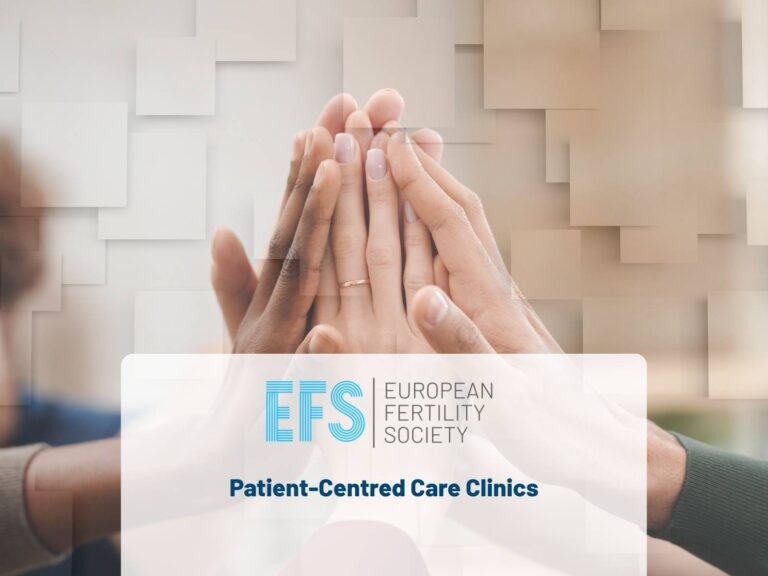We recently undertook some research with Fertility Network UK to look at why more people from the UK are going abroad for fertility treatment. For people pay for treatment privately we found that the high cost of IVF treatment in the UK was the primary driver, with over 76% of our respondents believing it was too expensive. Nearly 80% felt it is twice as expensive as they were willing or able to pay.
According to our survey, people were willing to pay between £1000 and £5000 for IVF. In the UK, IVF can often exceed £10K when additional expenses are taken into account.
You may be interested in reading: IVF cost UK guide
The research also revealed some of the shocking ways people were funding their IVF treatment and the impact this was having on them. We found that 62% of couples were forced to dip into their life savings, putting added pressure on their ability to fund pensions, pay for educational fees or support other family members. Some of the respondents had to remortgage their houses, sell personal belongings, ask for help from family and friends or even start crowd funding campaigns to fund treatment.
Facing such financial pressures at home, it is little wonder why more people are seeking a better deal abroad. Treatment in some countries can be up to 50% cheaper than the UK equivalent.
We have put together some useful tips to help individuals and couples reduce their fertility costs, both at home and abroad:
Reduce the Cost of IVF
1. Get fertility help early
General medical advice is to get a fertility assessment after trying to conceive for one year without success. However, couples should not fall into this “one year” trap. This advice is for younger couples (less than 30 years of age) who, if given adequate time, will conceive naturally in 80%-90% of cases. The remaining 10% may need some help. When the female partner is older or has any known medical conditions which may impair her fertility, early fertility assessment is imperative. The one-year rule does not apply to this group of women because the longer they wait, the more their fertility declines. They should see a fertility specialist after about six months of trying naturally. For example, a woman with endometriosis may have an ovarian cyst or a blocked tube, which might require laparoscopic (keyhole) surgery. If they wait for a year, the endometriosis may worsen and impair her fertility still further. Starting IVF early in the journey increases chances of success; reducing the number of cycles required and saves thousands of pounds in the process.
2. Understand your costs
Don’t just look at the IVF price as advertised – make sure you make a note of any additional expenses that may be incurred such as flights, accommodation, medical insurance and living expenses. You may also need to take some time off work which will affect your earnings and if the treatment doesn’t work first time, you’ll need money aside for future treatments should you wish to continue.
3. Hidden costs – Don’t get caught out
Treatment costs tend to be fairly transparent but watch out for any “hidden” extras. For example, is the first consultation deductible from the treatment cost? Is sedation included in the price for egg collection? Is sperm or embryo freezing included? Are there any guarantees e.g. can you pay for two cycles and get a third free?
Most clinics will expect you to have undergone certain tests such as mammograms, sperm analysis, HIV and so on before your trip –– so make sure you find this out before your visit. Clinics will charge extra to have these tests done on site.
4. Look for savings
It is worth having a look for clinics that offer a ‘shared risk programme’ to mitigate possible failures. For example, some may allow you to pay for two cycles, and if they don’t work, offer a third round for free. At the very least this could save you some money. Egg sharing is another option, which can significantly reduce the cost of IVF. Egg-sharing is an In Vitro Fertilisation (IVF) treatment that brings together women who produce surplus eggs (an egg sharer) with those unable to produce eggs (an egg recipient). Egg-sharing enables these two groups of women to help one another – egg sharers receive free standard IVF treatment, whilst egg recipients receive the eggs they need for IVF.
5. Do you need ‘add-ons?’
Many clinics will try to promote treatment add-ons to enhance success rates, but we advise caution in paying for these as we believe many are unnecessary. Add-ons such as embryo glue, time-lapse monitoring or endometrial scratching are often offered by clinics, but in our experience their impact is minimal and probably not worth the added cost. Better save your money for further rounds than waste it on unnecessary perks. It’s always a good idea to consult with your GP and/or fertility professionals about add-ons offered by your clinic. Some women under certain circumstances may benefit from additional treatments – e.g. women over 40 or those with medical conditions, such as endometriosis or irregular periods – but make sure you get a professional’s opinion before you get the credit card out.
6. Country research
Take the time to investigate different countries across Europe and the world. Some ‘less popular’ countries – Turkey, Greece, and Russia may actually offer what you need in terms of donor selection or the law around anonymity and be cheaper. For example, Finland has different rules on donor anonymity than most of Europe and is up to 15% cheaper than Spain, one of the more popular destinations. The country you choose could be down to something as simple as personal preference or as critical as IVF age legislation.
One of the more common factors aside from cost, is anonymity. In the UK, the identity of egg and sperm donors is not protected by law, which can have far reaching consequences in the future. If this is a concern to you, you should look at countries where donations are anonymous, such as Spain, the Czech Republic and Greece.
Other considerations may include the cost of living, expense of travel or accommodation costs. Different countries also have different age legislations for IVF treatment, or there may be specific laws on the number of embryos that can be transferred. These could be a deal breakers before you even step on the plane.
7. Choosing the right clinic
Choosing a clinic can be a daunting prospect, so having a ‘must have’ check list can be a useful tool. Jot down your must haves and use these to help you make your choice – if the clinic isn’t ticking the right boxes, then you can discount it from your list. Treatment costs vary from one clinic to the next.
Unfortunately there is limited information about international clinics in the UK, so you’ll need to visit the clinic’s website to get an idea of treatment costs. It is also a good idea to pick up the phone and speak to them in person so you can ask any specific questions you may have.
Some useful starting questions related to cost include:
- Do they offer help with translation and travel?
- Are they accessible?
- Do they offer complementary therapies?
- Do they offer guarantees or shared risk plans?
- Will they pay for travel between the airport, clinic and hotel?
8. Hotel recommendations
Many fertility clinics abroad have deals with local hotels where reduced room rates are offered to patients. Some clinics even have their own hotel e.g. IVF Zlin in the Czech Republic. Always ask the clinic if they have accommodation deals to help reduce your travel and living expenses.




